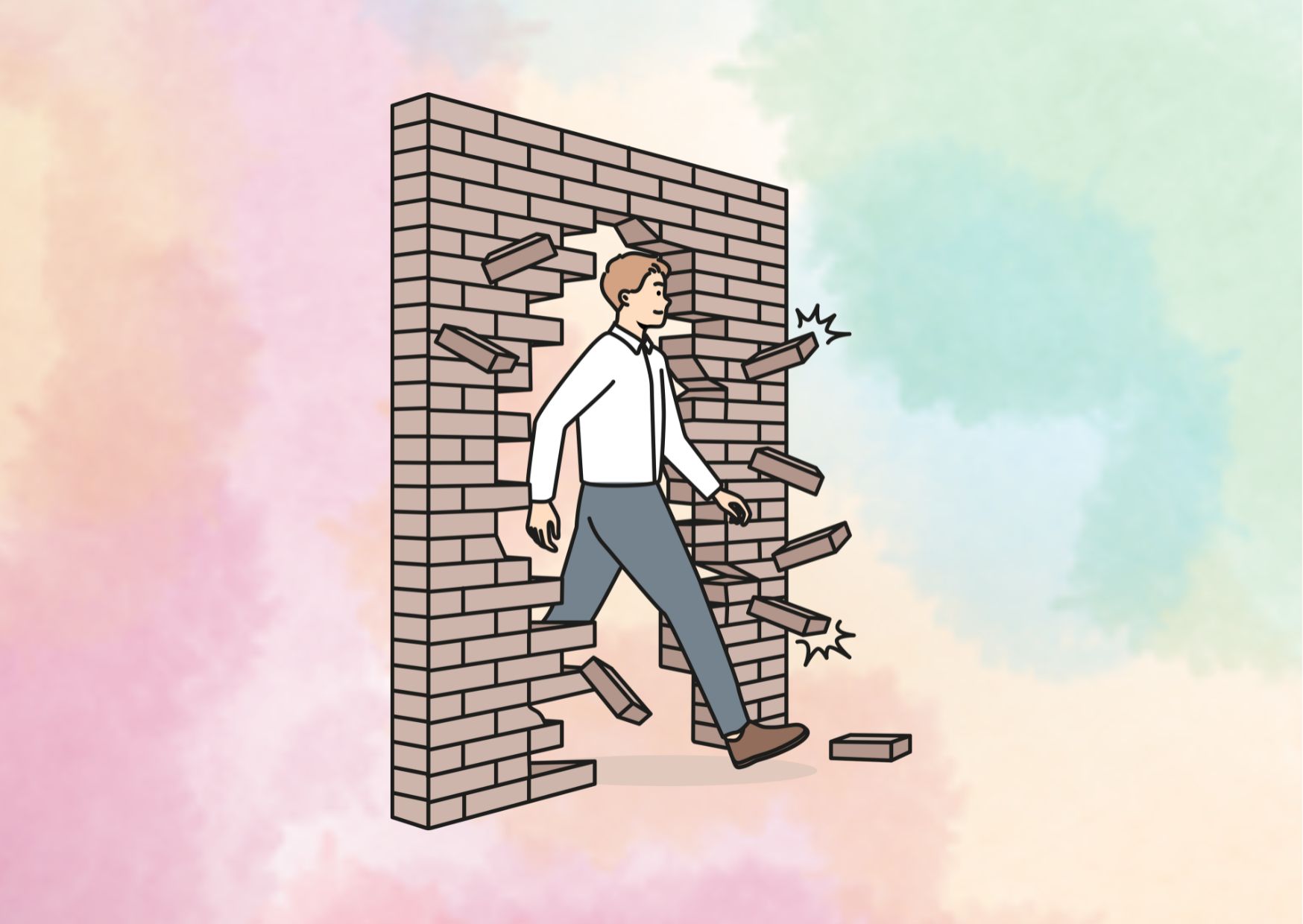Dealing With Regret: How to Overcome and Move Forward
Introduction
Regret is a powerful emotion that can weigh us down and prevent us from moving forward in life. Whether it’s a missed opportunity, a wrong decision, or a past mistake, regret can consume our thoughts and hinder our ability to find happiness and fulfillment. However, it’s important to remember that regret is a natural part of being human, and there are ways to deal with it and move forward. In this article, we will explore effective strategies and techniques for overcoming regret and embracing a brighter future.
Understanding Regret
Regret is a complex emotion that arises when we feel a sense of disappointment, sadness, or remorse over something we did or failed to do in the past. It is often accompanied by feelings of guilt and self-blame. Regret can vary in intensity, from minor regrets about small choices to deep regrets about major life decisions. It’s important to recognize that everyone experiences regret at some point in their lives, and it’s a normal part of the human experience.
The Impact of Regret
Regret can have a significant impact on our mental and emotional well-being. Dwelling on past regrets can lead to negative self-talk, self-doubt, and decreased self-esteem. It can also contribute to anxiety and depression. Moreover, regret can hinder our ability to make decisions in the present and prevent us from taking risks or pursuing new opportunities. It’s essential to address and manage regret to maintain a positive outlook on life.
Acknowledge and Accept Regret
The first step in dealing with regret is to acknowledge and accept it. Avoiding or suppressing regret will only prolong the healing process. Instead, give yourself permission to feel regret and understand that it’s a natural response to past events. Allow yourself to reflect on what happened and the emotions associated with it. Remember, it’s okay to feel regret, but it’s not okay to let it consume your life.
Dealing With Regret: Learn from Your Regrets
One of the most powerful ways to overcome regret is to learn from your past mistakes or missed opportunities. Reflect on the situation and ask yourself what you can learn from it. Identify the lessons, insights, or skills you have gained as a result of the experience. By reframing your regrets as valuable learning opportunities, you can shift your perspective and find meaning in your past actions.
“Mistakes are proof that you are trying. Learn from them and let them guide you towards growth.” – Unknown
Practice Self-Compassion
Regret often comes with self-blame and harsh self-criticism. It’s important to practice self-compassion and treat yourself with kindness and understanding. Remember that everyone makes mistakes and has regrets. Treat yourself as you would treat a close friend who is going through a difficult time. Practice self-care, engage in activities that bring you joy, and be patient with yourself as you navigate through the process of healing.
